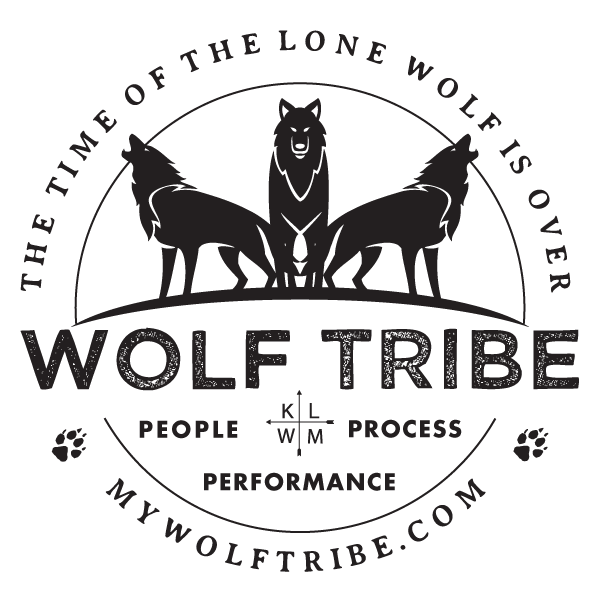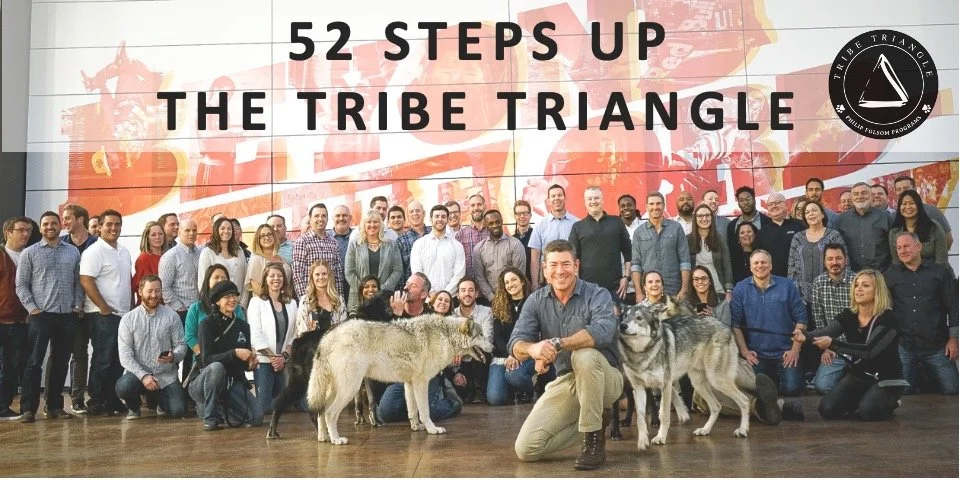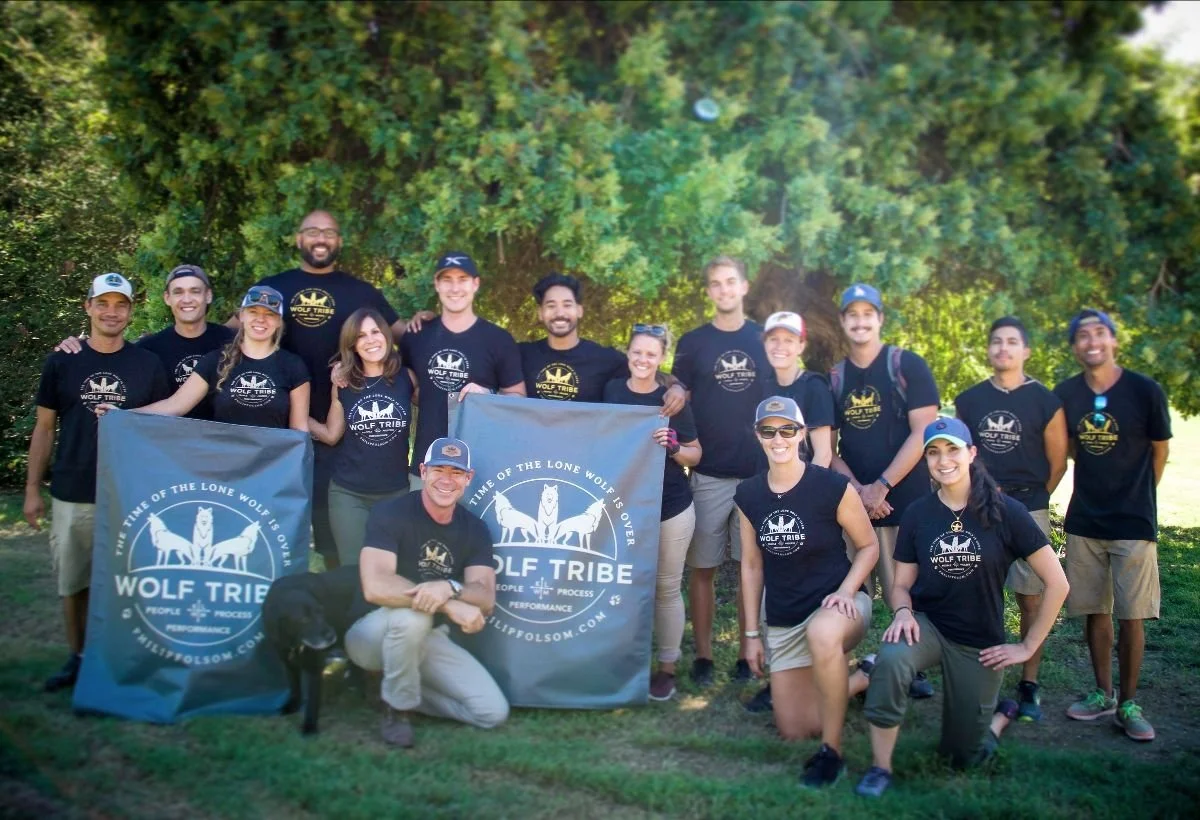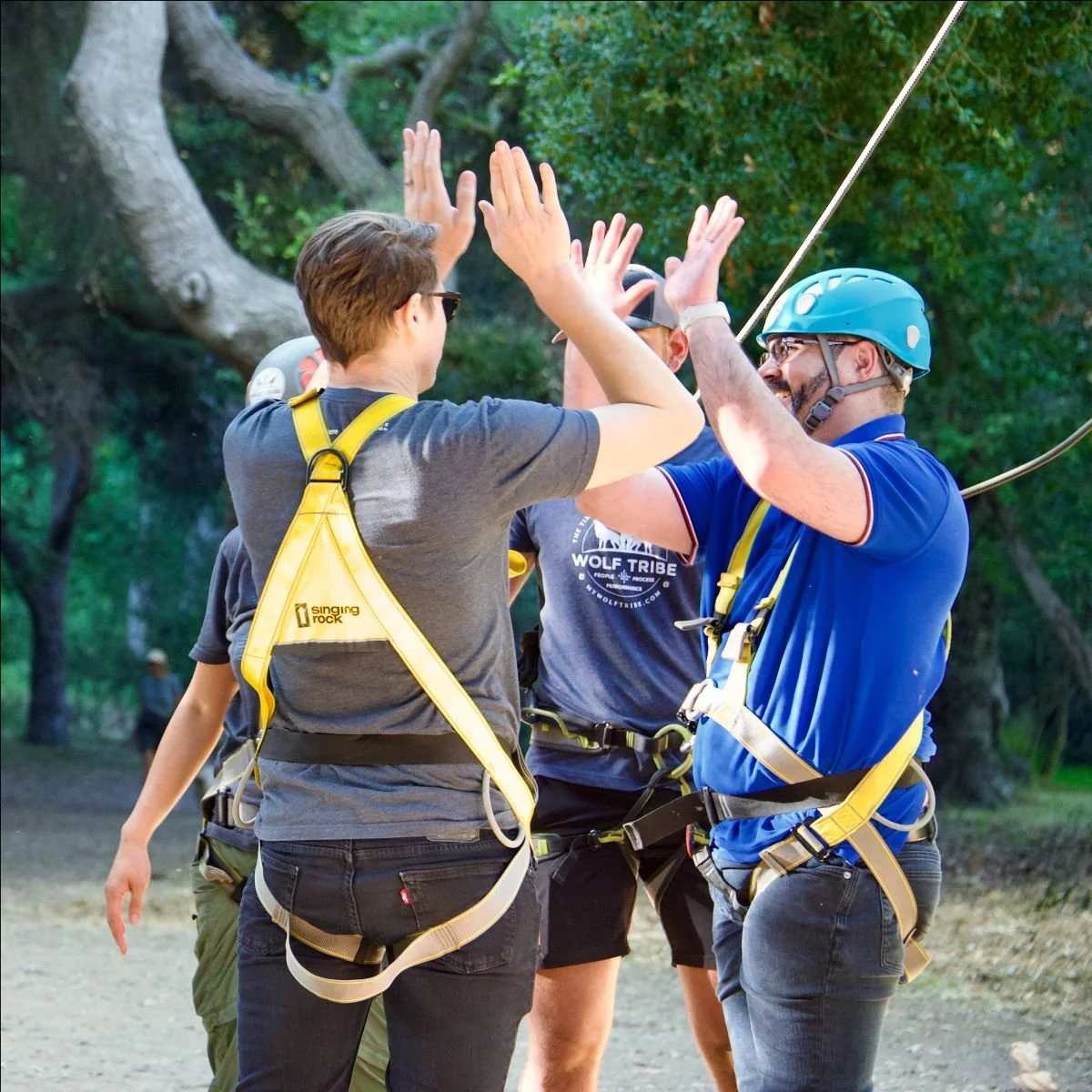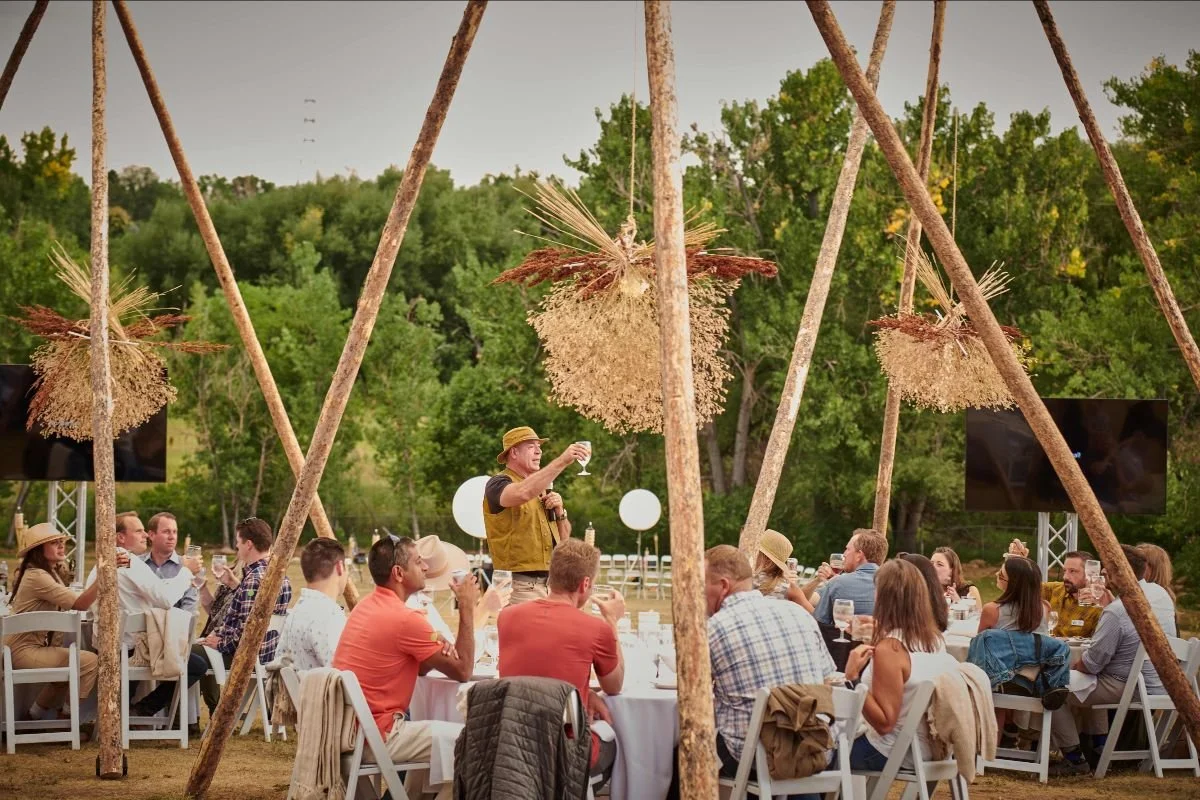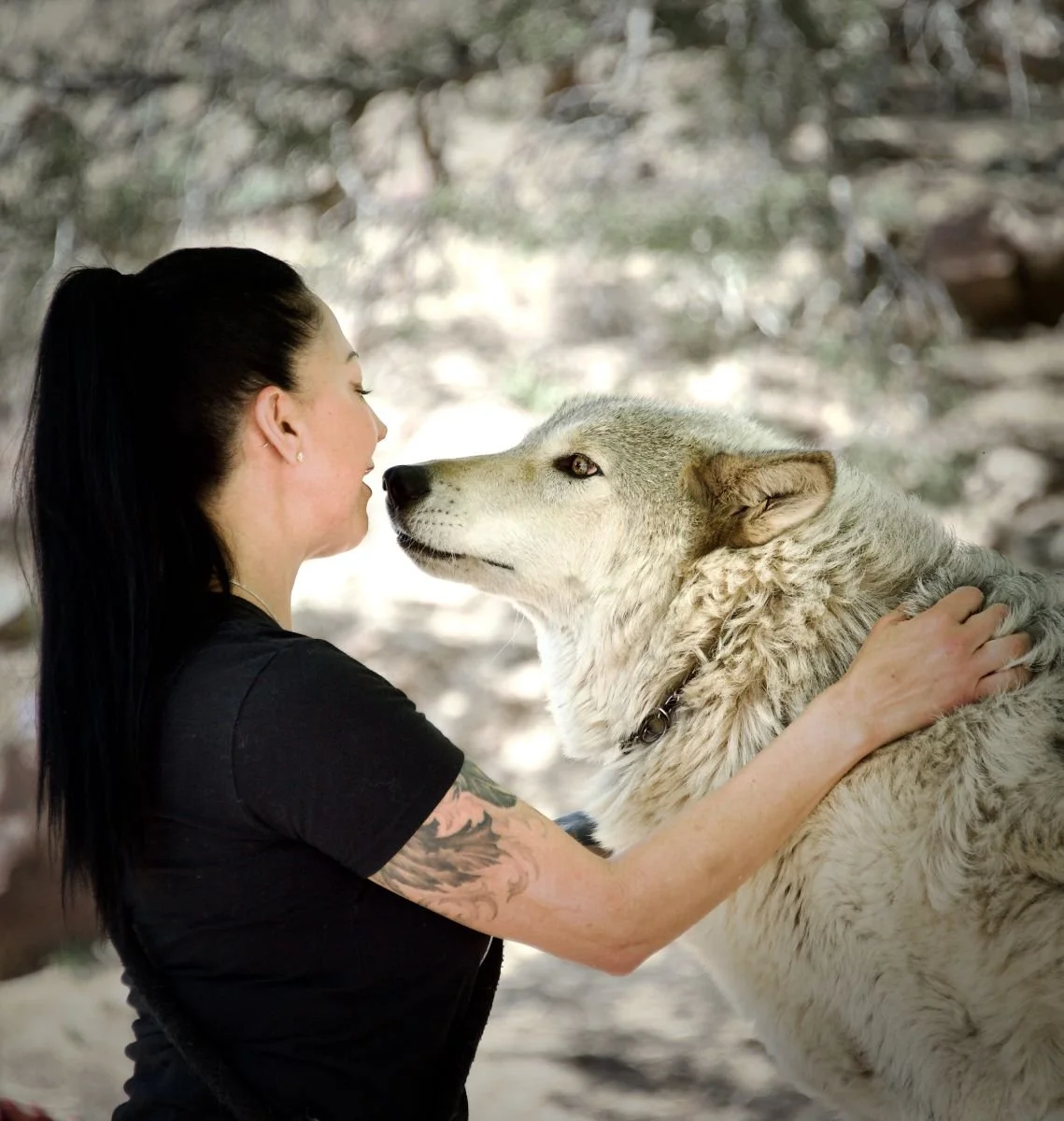Step 45 Up the Tribe Triangle: Celebration and Traditions
“Life should not only be lived, it should be celebrated.”
-Osho
The process of creating an honor-based culture in the sea of pride-based organizations is worth celebrating. It means you have not only created the most resilient and high performing team available but also reclaimed a portion of kinship for your community and our species. Kinship is what has always saved us and always will. One of the markers of kinship is shared traditions and this includes celebrations.
Traditions are the communal customs that an honor-based group participates in. They serve to hold the group together through adversity as well as success. Traditions are the glue of kinship.
The road toward your shared traditions started long ago by looking at your existing habits and the habits of your family and team. Some of these habits still serve a purpose but many are just residual behaviors that helped you to survive childhood. Most of these antiquated habits no longer serve us. If they did, you would not have gone on this journey of exploration and improvement.
Each member of your team has a unique background that generated unique survival habits and coping mechanisms. The process of exploring and upgrading these habits into more vital and successful practices is one of the greatest gifts you can give yourself and your team.
An upgraded worldview and psychological operating system will carry on long after your partnerships end and ripple out into every person and organization your people interact with in the future. As leaders, we have no idea the impact our work does in the world beyond our horizon and this is worth celebrating as well. What you are doing here is important.
Remember, if there is something in you or your team’s world that is not as good as it could be it is because you and your team are not as good as you could be.
We are a collection of our habits. To upgrade our lives we have to upgrade our habits and this demands the creation of new practices. As we have discussed, new practices require up to 90% more energy than habits because habits are not created for growth, they are created for efficiency. Establishing your new practices will require buy-in from your team then constant recommitment and accountability to overcome and maintain the increased energy requirements.
You can jump start this new energy system with a celebration of embarking on your journey of growth. New practices should not be framed as a punishment or other forced hardship. They should be introduced as a start of a challenging journey of success. This is a great time to revisit your inspirational shared vision for the future that anchors the journey!
You must have buy-in and excitement from your team to implement a new practice or resistance will kill it.
After about a month of steady commitment to your new and demanding practices you will feel the resistance to the new load begin to fade. Many people will not notice this but you must because this is the next point of celebration. You have evolved new rituals.
“Remember to celebrate milestones as you prepare for the road ahead.”
-Nelson Mandela
Rituals are practices that you and your team do without resistance. They are still hard but because they are now non-negotiable they are accepted and implemented regularly. You will feel and see measurable improvements with morale, engagement and all measures of sustainable success at this point.
Celebrate and appreciate yourself and your people relentlessly in this phase because this will create a ripple through your tribe as people begin to own their journey of success and actively participate at driving and sharing your new rituals.
Rituals are growth-based practices that are not only accepted but celebrated as the way we hold our standards. When these rituals are shared across the team and being organically taught to new members of the team, you have established traditions.
Traditions are a form of celebrations. In our current culture we have many shared traditions including holidays and sporting events. All of these traditions are celebrations or recognition and appreciation of freedom, faith, birth, death and resurrection.
Simple traditions at work include putting up a picture of an employee-of-the-month or team appreciation day, company picknick or holiday parties. Even the way you kick off and close out work seasons and projects contains the potential for meaningful celebrations that weld your team together so look for opportunities to establish traditions from your new success practices. Every single chapter and theme in this book contains the potential for a tradition of celebration.
“The celebration of success overshadows
the challenges encountered on the way.”
-Jeffery Benjamin
Culture consists of shared beliefs, values and missions. Beginning that challenging shared path can be chaotic and reactive. This path will require you and your team to grow in order to be successful. To be sustainably successful we are going to need to implement new practices which become rituals and then traditions. Look for opportunities to recognize and celebrate every success and value-based attempt at success along the way. This is how we create meaning from all our missions, especially the hard ones.
You deserve this.
Your people and projects demand it.
Click here to watch the video of Step 45: Celebration and Traditions
Leaders Must Write and Speak
Answer these questions in your journal by really writing them down. Discuss them with at least one of your most important people and really listen to their response.
You are working hard to establish new practices that improve and replace your old habits and the old habits of your team. Where is an example of these new, growth-based practices becoming established as rituals or even traditions?
What are the ways you can celebrate these new practices and traditions? Formal and regular public acknowledgment? Formal markers of events and transitions?
Ubuntu,
Philip Folsom
